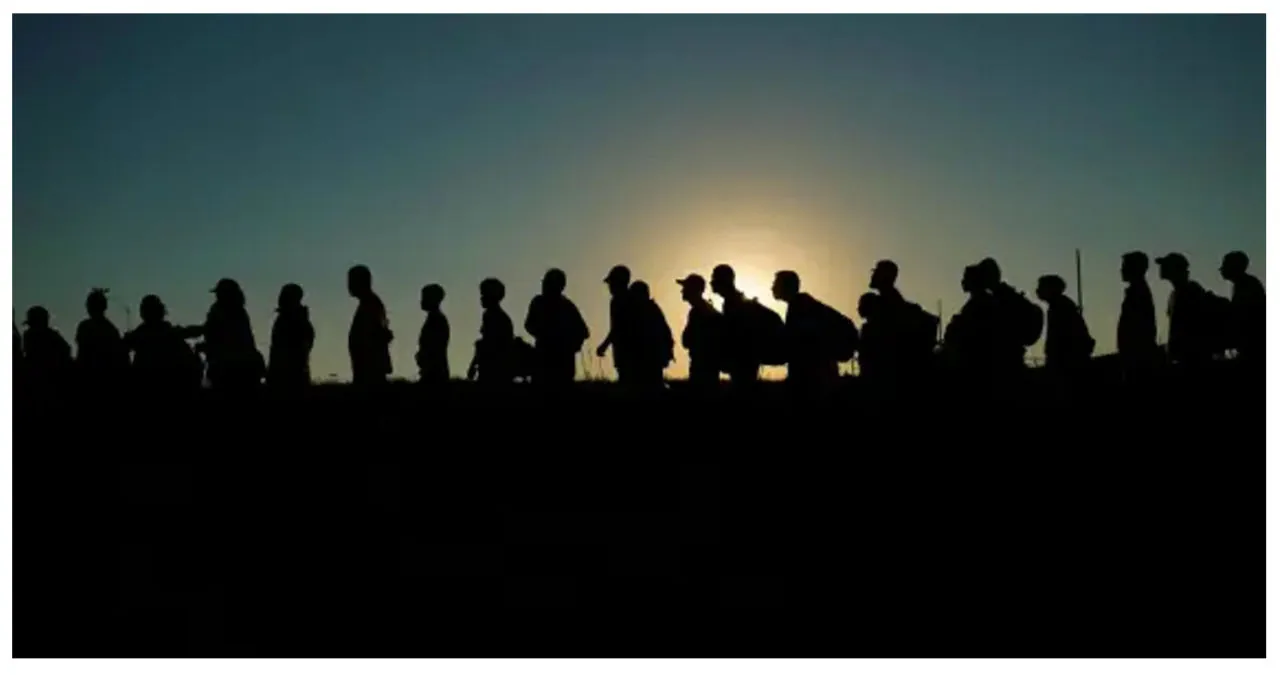A federal judge in Texas upheld a crucial aspect of President Joe Biden’s immigration policy on Friday. The policy allows a restricted number of migrants from four countries to enter the United States based on humanitarian grounds. This decision dismisses a challenge brought by Republican-led states who argued that the program placed an economic burden on them.
U.S. District Judge Drew B. Tipton has issued a ruling in support of the humanitarian parole program, which enables the entry of up to 30,000 asylum-seekers from Cuba, Haiti, Nicaragua, and Venezuela combined every month. The termination of this program would undermine the larger policy of the Biden administration, which aims to encourage migrants to utilize the preferred pathways into the U.S. or face severe repercussions.
Texas and 20 other states that filed a lawsuit contended that the program is compelling them to allocate significant funds towards healthcare, education, and public safety for the migrants. An attorney associated with the Texas attorney general’s office in the legal dispute claimed that the program has effectively established an alternative immigration system.
Since the program’s inception, over 357,000 individuals from Cuba, Haiti, Nicaragua, and Venezuela have been granted parole and given the opportunity to enter the country through January. Haitians have comprised the largest group to utilize the program, with 138,000 individuals from Haiti arriving, followed by 86,000 Venezuelans, 74,000 Cubans, and 58,000 Nicaraguans.
Tipton, appointed by former President Donald Trump, made a ruling in 2022 against the Biden administration on an order that determined the prioritization of deportation.
The program was launched in the autumn of 2022. Migrants are required to submit their applications online, arrive at an airport, and have a financial sponsor in the United States. Upon approval, they can stay for a duration of two years and obtain a work permit.
During the trial in August, Tipton chose not to issue a temporary order that could have stopped the parole program from being implemented across the country.
According to some states, they have seen benefits from the initiative. For example, a Nicaraguan migrant who was admitted through this process was able to fill a position at a struggling farm in Washington state where they had been struggling to find workers.
Tipton raised concerns about Texas’ claim of financial losses, considering that the data indicated that the parole program had actually decreased the influx of migrants into the United States.
Cubans, Haitians, Nicaraguans, and Venezuelans are not only escaping oppressive regimes, escalating violence, and deteriorating political conditions, but their lives are also at risk, according to federal government attorneys and immigrant rights groups.
According to the program’s proponents, each case undergoes a thorough individual review, and there have been instances where individuals who had reached the final approval stage after arriving in the U.S. were subsequently denied. However, no specific information was provided regarding the number of rejections that have occurred.
The Biden administration has faced several legal challenges over its immigration policies, and the lawsuit is one of them.

